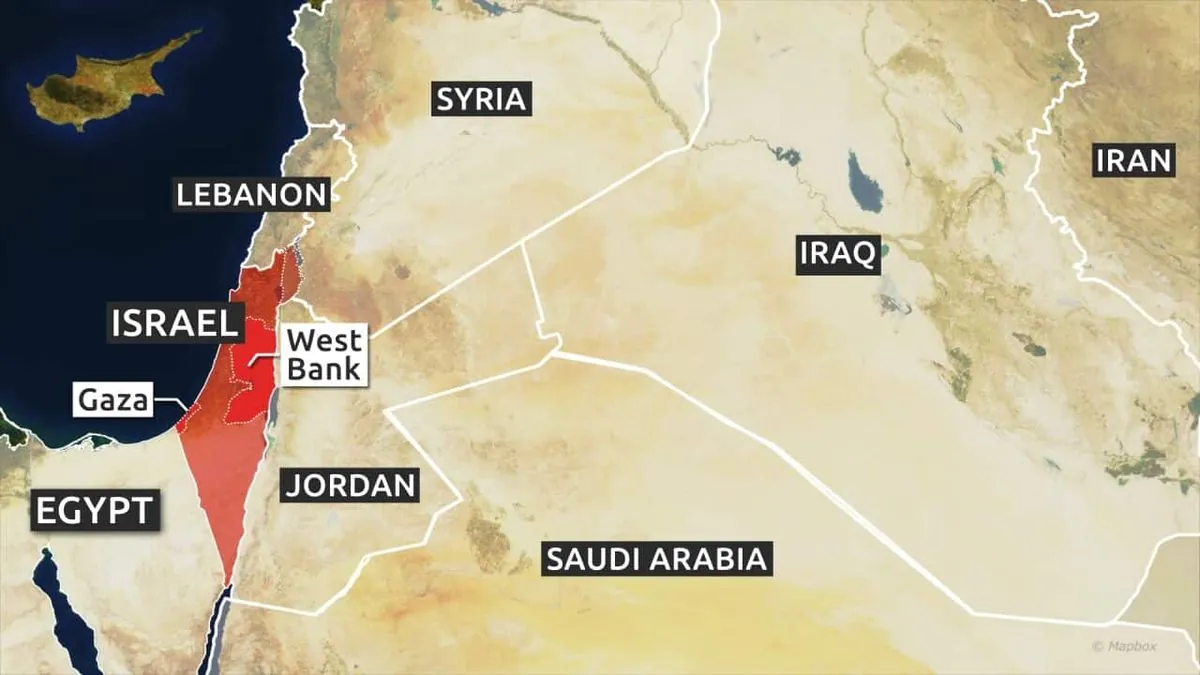The Biden administration has adopted a cautious stance in response to the recent escalation of tensions between Israel and Hezbollah. This approach comes amid a series of events that have heightened concerns about regional stability and the ongoing conflict in Gaza.
Recent developments include explosions targeting Hezbollah's communication devices and an Israeli airstrike in Beirut, which resulted in the death of a Hezbollah commander. These incidents have occurred despite U.S. diplomatic efforts to maintain calm in the region.
The United States' restrained response has drawn criticism from some analysts. Brian Katulis, a senior fellow at the Middle East Institute, remarked, "The United States looks like a deer in the headlights right now." This sentiment reflects concerns about the effectiveness of U.S. diplomacy in the face of rapidly evolving events.
U.S. officials, however, maintain that their approach is deliberate and aimed at preventing further escalation. John Kirby, national security spokesman, emphasized the ongoing efforts to broker a cease-fire in Gaza, stating, "We're still going to keep the shoulder to the wheel. We're still going to keep trying on this."
The situation has highlighted the complex dynamics of U.S.-Israel relations. Benjamin Netanyahu's government appears to be paying less attention to U.S. mediation efforts, despite relying on American military support. This has led to challenges in the Biden administration's diplomatic strategy.
"If I ever said it wasn't realistic, we might as well leave. A lot of things don't look realistic until we get them done. We have to keep at it."
The U.S. State Department has refrained from publicly commenting on specific incidents, such as the explosions of Hezbollah devices and the airstrike in Beirut. This silence is part of a calculated approach to avoid exacerbating tensions.
As the situation continues to evolve, the Biden administration faces the challenge of balancing its support for Israel with efforts to prevent a wider regional conflict. The upcoming United Nations General Assembly meeting may provide an opportunity for high-level discussions on these pressing issues.
The current tensions are set against a backdrop of long-standing regional conflicts. The Israeli-Lebanese conflict has roots dating back to the 1940s, and the presence of the United Nations Interim Force in Lebanon (UNIFIL) since 1978 underscores the enduring nature of these tensions.
As the U.S. continues its diplomatic efforts, the situation remains precarious. The ongoing conflict in Gaza, coupled with the escalating tensions between Israel and Hezbollah, presents a complex challenge for regional stability and international diplomacy.
